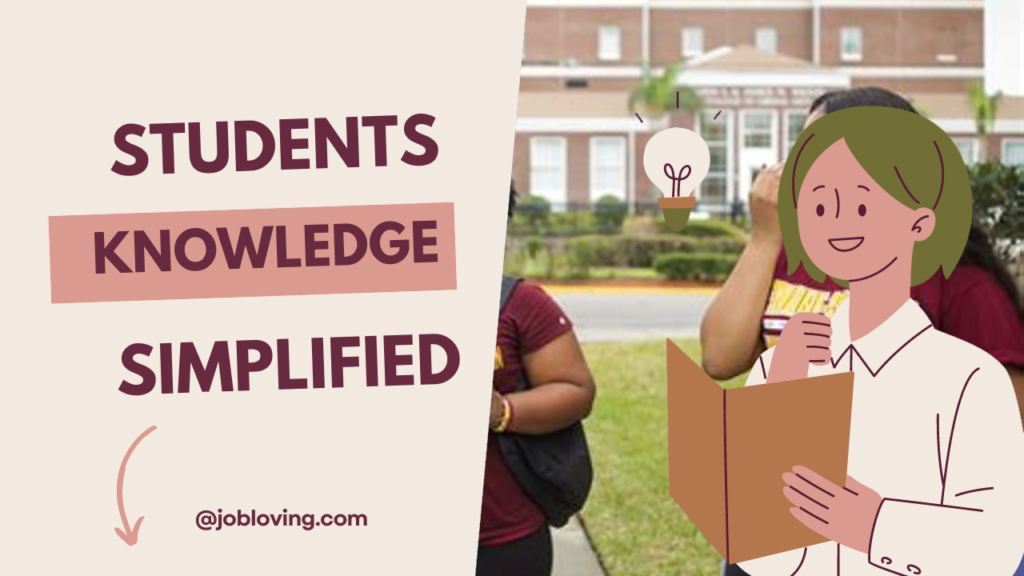Absolutely, Bethune-Cookman University does accept white students! Nestled in the heart of Daytona Beach, Florida, this institution celebrates diversity in a vibrant academic environment. While you might find that the current student body is predominantly Black or African American, with statistics revealing that only 1.26% identify as white, the university is committed to providing a welcoming atmosphere for all backgrounds.
If you dive deeper into the demographics, you’ll notice a very inviting approach towards inclusivity. Historically Black colleges and universities like Bethune-Cookman don’t shut their doors to any race; instead, they promote an enriching learning community. In fact, the focused mission of Bethune-Cookman has always been to uplift and educate students of all races and ethnicities. This emphasis on inclusivity fosters not only academic success but also social engagement among students, regardless of their racial background.
Now, let’s take a snap-shot of the academic scene. In 2022, Bethune-Cookman awarded a total of 430 degrees, with the most popular major being General Psychology. Out of these degrees, a mere 16 were awarded to white students, highlighting both the challenges and opportunities for white students navigating their educational path here. Despite this disparity, the university remains devoted to assisting all students through various financial aids, promoting a financially accessible path to education.
With a 100% acceptance rate for the 2021-2022 academic year, prospective students can find a place at Bethune-Cookman. Students thrive in an intimate learning atmosphere, thanks to a student-faculty ratio of 15:1. Moreover, the school’s focus on academic achievement ensures that every student, no matter their background, is equipped with the tools and community needed for success. So, whether you’re a seasoned student or a fresh face exploring options, remember that Bethune-Cookman is open and ready for you. Inclusivity is not just a buzzword here; it’s a core value embedded in the essence of the university.
What does the racial demographic data at Bethune-Cookman University indicate about its student body and inclusivity?
The racial demographic data reveals that approximately 81% of students identify as Black, with only 1% identifying as white. This significant disparity suggests that while the university embraces diversity and welcomes students of all ethnicities, it primarily serves Black and African American communities. The low percentage of white students indicates potential barriers to enrollment for this demographic.
How does Bethune-Cookman University support students from diverse backgrounds?
Bethune-Cookman University promotes inclusivity by fostering a campus environment that welcomes students of all backgrounds. The university emphasizes respect, professionalism, and open-mindedness, creating a culture where students can pursue their academic goals. Additionally, financial aid and support systems are crucial for helping students navigate their educational experiences.
What role does student motivation play in academic success at Bethune-Cookman University?
Student motivation significantly influences academic success at Bethune-Cookman University. A strong mindset and commitment to academic achievement are essential for all students, regardless of their racial or ethnic background. Students lacking motivation may struggle to thrive in the college environment, highlighting the importance of personal drive in achieving educational goals.
How does the university’s historical context shape perceptions of its acceptance of white students?
The historical context of Bethune-Cookman University as a Historically Black College and University (HBCU) may influence perceptions regarding its acceptance of white students. While the university actively promotes inclusivity, its heritage and focus on serving Black and African American communities can create a perception that it primarily caters to these demographics. However, the university’s commitment to diversity challenges stereotypes and emphasizes the importance of varied perspectives in education.

